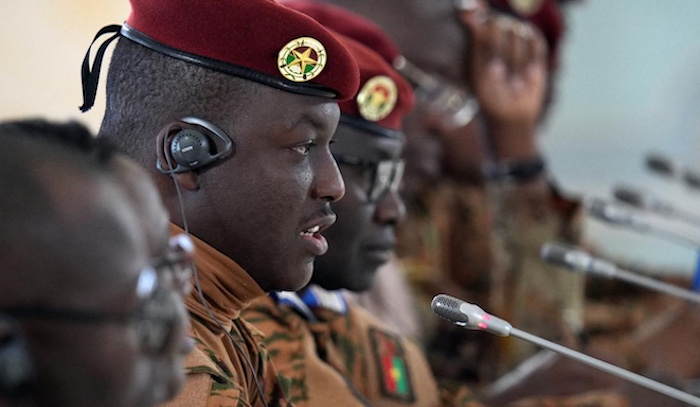
The federal government has said it is committed to a nationwide revitalisation of Primary Health Care Centres (PHCs) to ensure that every Nigerian, regardless of location or income, can access quality basic healthcare.
The Minister of State for Health and Social Welfare, Iziaq Salako, on Thursday said PHCs will become the cornerstone of universal health coverage as the government moves to rebuild the sector through improved infrastructure, expanded workforce, and integrated service delivery.
Citing the latest ministry’s assessments (2023) Salako said Nigeria’s over 30,000 PHCs still remain optimally functional, noting that the country’s Doctor-to-Population ratio is at 1:5,000 which is against the WHO recommendation of 1:600.
He noted that substantial progress has been made through the National Primary Health Care Development Agency (NPHCDA), which is working with its state counterparts, the World Bank and other partners to strengthen governance, upgrade facilities and expand service coverage.
“State-level PHC boards have been strengthened in 31 states, and PHC governance structures in more than 400 LGAs have been fully established and functional,” he said.
He also noted improvement in the quality of PHCs.
Salako highlighted progress in Reproductive, Maternal, Newborn and Child Health (RMNCH) services delivered at PHC level.
He said data from the Nigeria Demographic and Health Survey (NDHS) show a gradual but steady improvement in reproductive and preventive services.
According to him, skilled birth attendance has increased to 53 per cent, up from 43 per cent in 2018; full immunisation coverage has risen to 39 per cent from 31 per cent; and neonatal mortality remains at 41 deaths per 1,000 live births.
He also said there has been a reduction in Maternal, Neonatal and Childhood mortality and an estimated 215,000 maternal and child deaths averted.
Despite these gains, he stressed that the PHC system must be strengthened further, given Nigeria’s disproportionate share of global childhood and maternal deaths.



